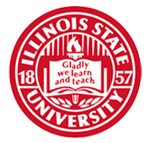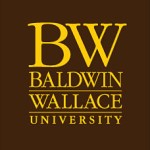Abstract
Interventions aimed at increasing life participation for people with aphasia (PWA), such as camp-based programs, are being increasingly implemented throughout North America. Such camps present a unique experiential learning opportunity for students in speech-language pathology (SLP) programs. The purpose of this study was to examine the impact of participation in aphasia camp on SLP students’ acquisition of the skills and attitudes required for client-centered care for PWA. Ten SLP students who volunteered at a weekend-long aphasia camp participated in focus groups examining their learning outcomes following their camp experience. Conventional content analysis was used to analyze the focus group transcripts. Several themes emerged which were categorized into specific learning outcomes and contextual factors that facilitated the learning of these outcomes. Learning outcomes included: 1) students began to think of people with aphasia as more than their disability; 2) students developed more empathetic perspectives of people with aphasia; and 3) students improved their skills in supporting communication. Three contextual factors were also identified: 1) absence of evaluation; 2) absence of client-clinician power differential; and 3) interdisciplinary environment. These results demonstrate the potential utility of aphasia camps as a medium for learning client-centered care and highlight possible factors that encourage active learning.
Recommended Citation
Kim, E. S.,
&
Garcia, J.
(2019).
“That’s So Much More Important than the Grades”: Learning Client Centered Care through Experiential Learning at Aphasia Camp.
Teaching and Learning in Communication Sciences & Disorders, 3(2).
DOI: https://doi.org/10.30707/TLCSD3.2Kim




